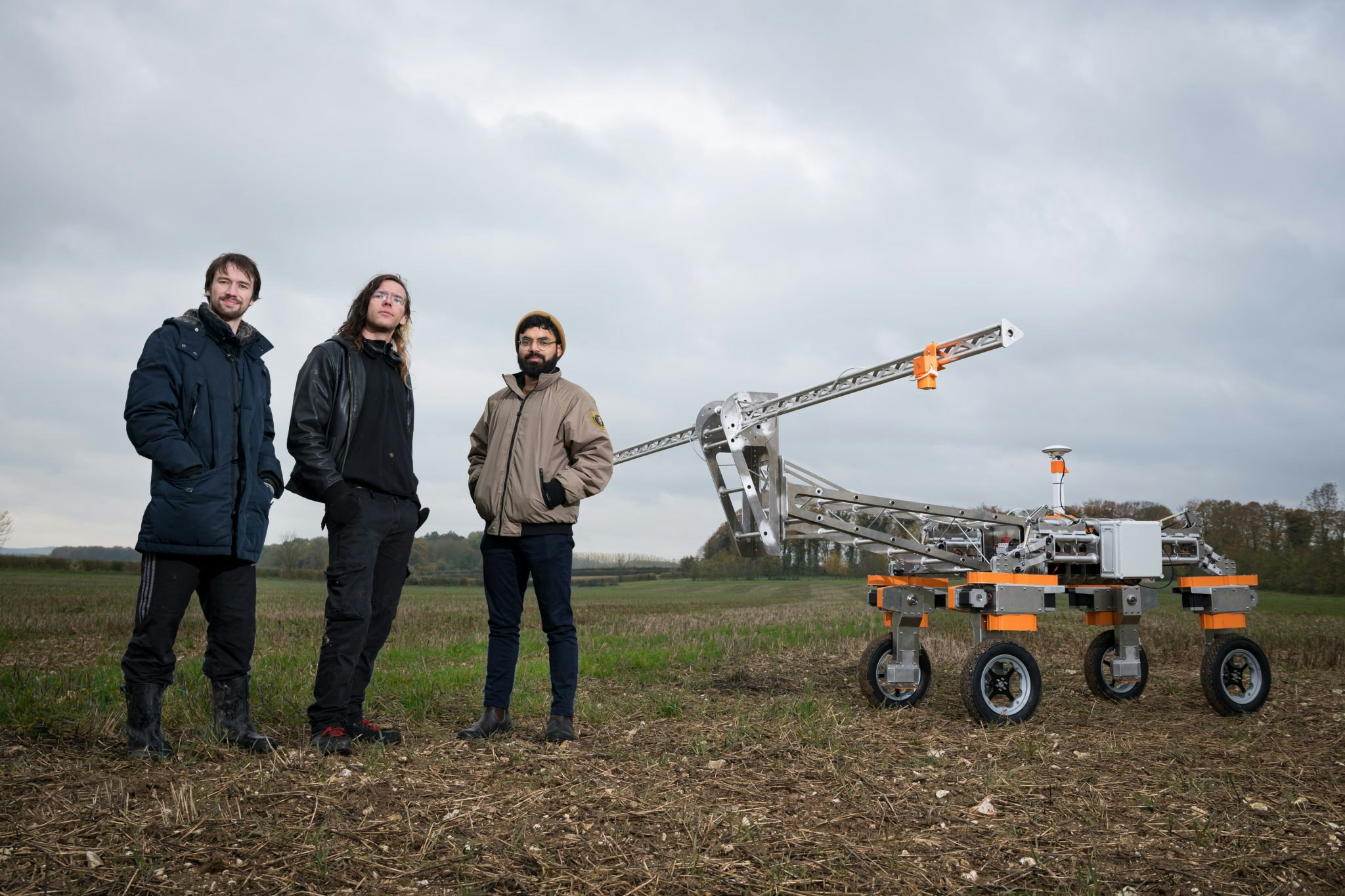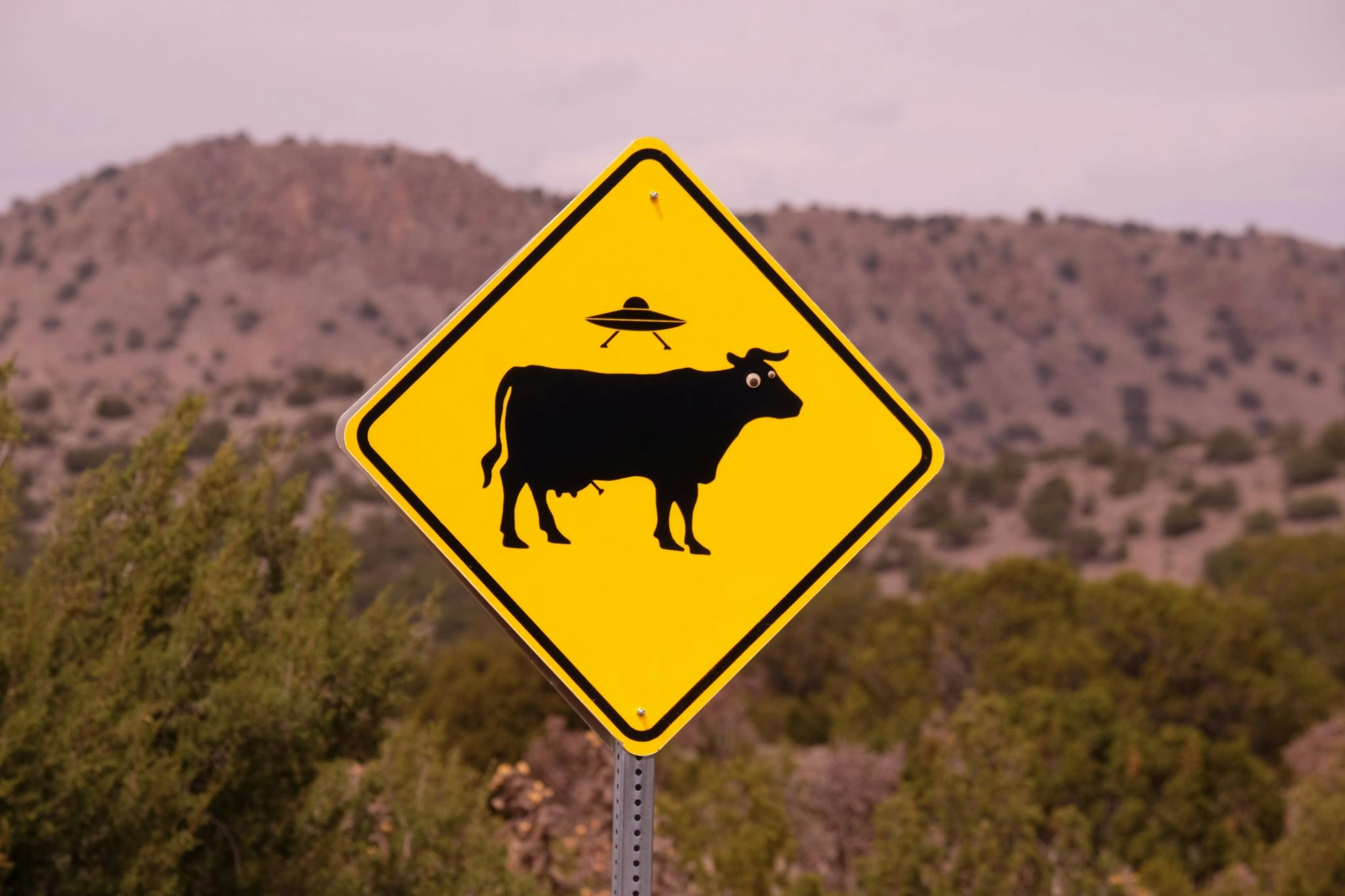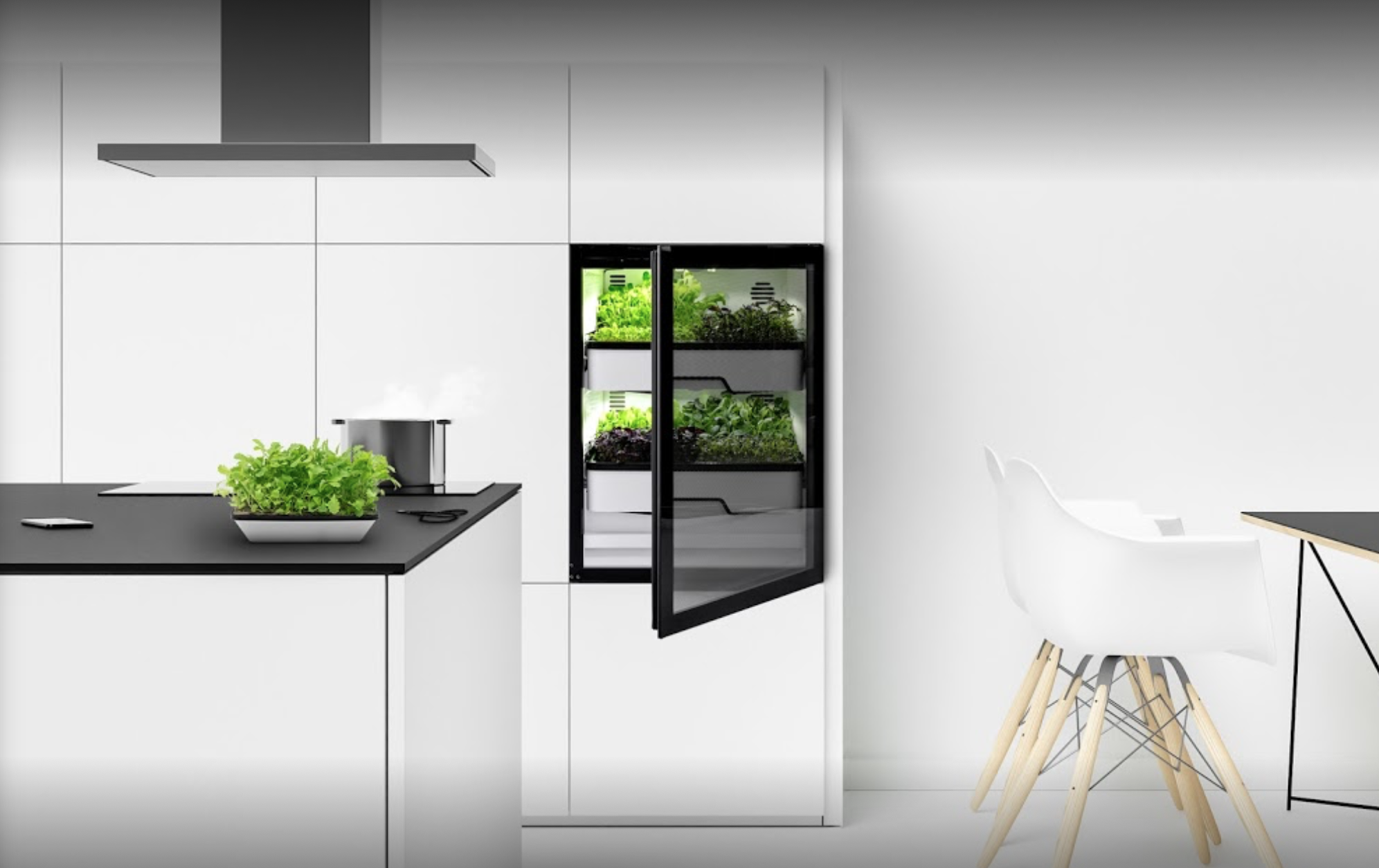A Swedish startup attempting to reduce global greenhouse gas emissions by stopping cows from burping and farting has raised €500k to industrialise the process.
Around 4% of global greenhouse gas emissions come from livestock, twice as much as the emissions from all air travel. There are 1.5bn cattle in the world, which each produce between 70kg and 120kg of methane each per year.
Environmental scientists have long been looking for a way to reduce methane from cows, with efforts to breed different types of cows and change their diet. There is even a burp-collecting backpack that has been designed (although is not widely used).
But on Monday, one Swedish startup, Volta Greentech, said it had raised SEK 5m (around €500,000) to industrialise the production of a type of red algae which, according to the company, reduces cow production of methane gases by up to 80%.
The round was led by investor Claes Dinkelspiel, the Kjell & Märta Beijers Foundation and a number of angel investors. The company is also backed by some of the biggest figures in Nordic tech: Peter Carlsson, chief executive at Northvolt, the super angel Hampus Jakobsson, and Joachim Karthäuser, chief technology officer at Climeon.
Challenges ahead
Founder Fredrik Åkerman said that the company's next two big challenges were producing the algae in large enough volumes at a low cost, and developing a business model that creates incentives for farmers to use the solution on their farms.
“If we can solve these two challenges, we can eliminate 4% of global greenhouse gas emissions,” he said.
Last year, Volta Greentech raised €300,000 to develop a lab in Stockholm. The lab team on Monday said it has now mapped the optimal growing conditions for the algae, which lays the foundation for the production recipe which can now be used in large-scale production.
The company is also expanding to a pilot facility in Lysekil, a small town on the west coast of Sweden. "In Lysekil we’re developing the first large-scale production facility based on the recipe from the lab, which will prove that we can cultivate the algae on a large scale,” said Angelo Demeter, cofounder and head of R&D.
“Once we’ve done this, we’ll be ready to scale up the production, based on the pilot facility,” he said.
In parallel with establishing the Lysekil production facility, a separate pilot is ongoing, with several figures from the Swedish food sector, focusing on refining the business model.
“We’ve realised the importance of cooperating with the entire value chain, from farmer to consumer, to get this to work, and that’s why we’re working with all the key value chain actors in a joint pilot project to make sure our solution gets deployed’, said Åkerman.
“Our ambition is to make this the industry standard. In Sweden alone, these emissions represent 5.7% of the country’s total greenhouse gas emissions, and we can reduce them by 80%,” he adds. “This has the potential to become the most significant innovation in the industry since pasteurised milk.”


